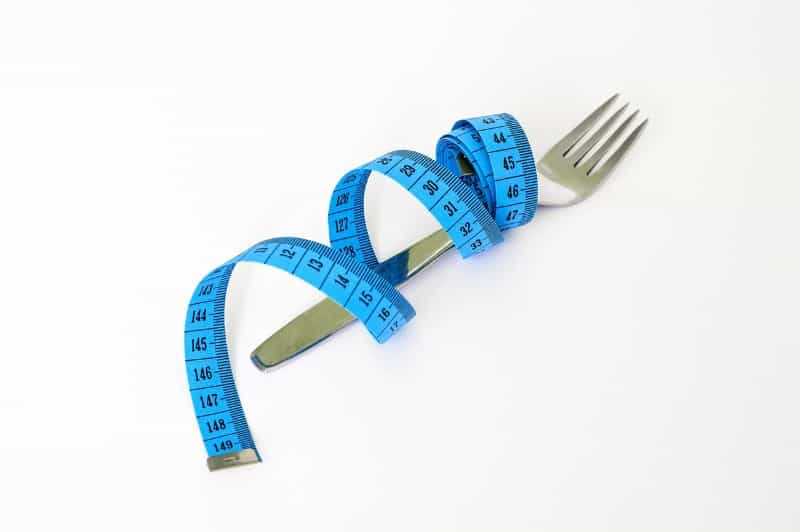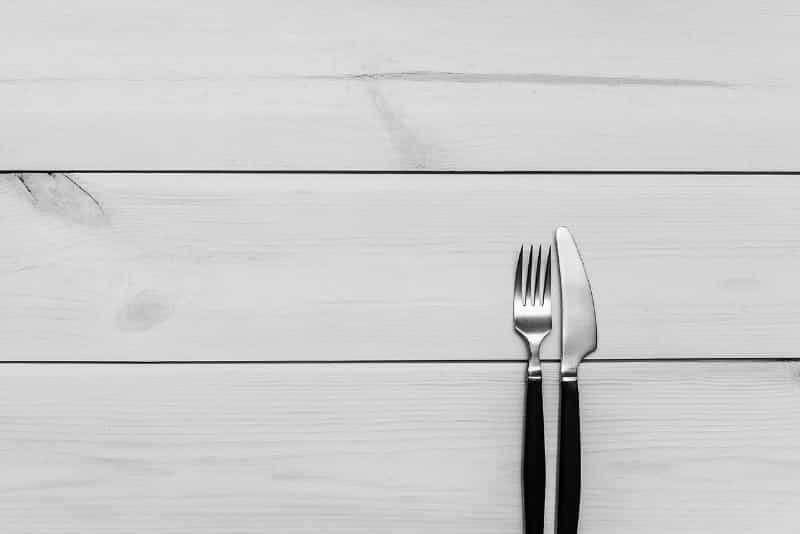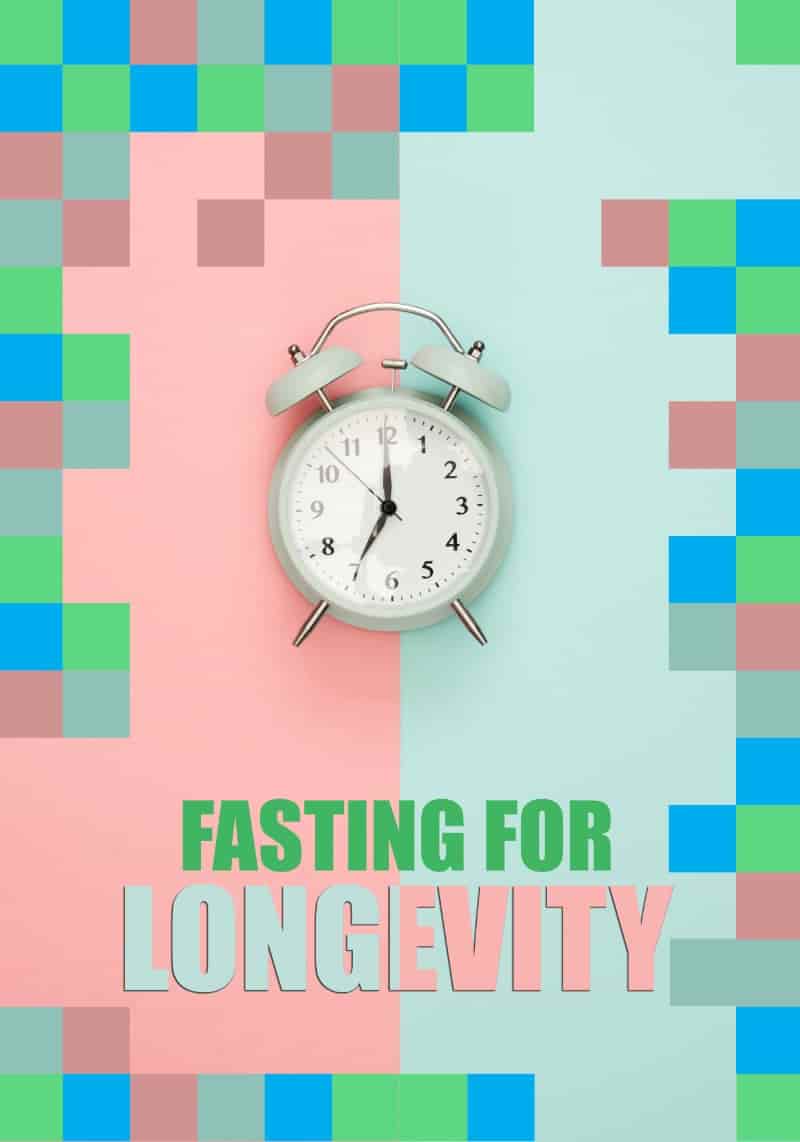There are always ongoing studies going on, especially when it comes to the ever popular and important topic of longevity. Everybody wants to grow older with a body that still looks fit and healthy, with an unlined face, a mind that is still sharp, and a heart bursting with happiness and contentment. Not so? That means every few months there are going to be updates and new studies; like one such new study proclaiming that it isn’t only about what you eat, but when you eat it that is of paramount importance. Many people kind of eat around the clock you could say, always waiting for their next meal in the 17 hours that they available to them when they are not sleeping. Today, we can’t escape food; there are television shows galore about food, we step into the kitchen and our refrigerators and microwaves are ready to deal with our meals. Out on the street, there are drive-thru takeaway places. And if that is not enough, just pick up the phone and dial in for your regular hamburger, chips, and pizzas. Processed foods are pretty addictive too, designed so that you overeat.
Before all of that, however, our ancestors used to go for long stretches of time without food, maybe even days. And in these breaks of being without food, important things were happening in their bodies. Insulin levels would drop, making their stored body fat much more accessible for usage. The human growth hormones would go up too, enabling them to burn fat and to build strong lean muscle. Any damaged cell material would be shed faster (today this is called autophagy).
Therapeutic fasting in modern times

- Today, therapeutic fasting is very popular. It is used to rid us of excess weight, to treat disease, and to prevent bad health. It was very popular also in the 19th century as part of the “Natural Hygiene Movement” in the USA. Dr. Herbert Shelton was a pioneer of fasting. He opened his Dr. Shelton’s Health school back in 1928 in Texas. He is noted to have helped 40,000 patients to recover their health with water fasts.
- Dr. Ilona Sovenyhazi has a fasting retreat in Hungary where she offers people to come and heal and to rejuvenate. Her own conclusion from the results of her work at her fasting clinic proves that we all can acquire fuller health through simple and guided fasting regimes. She proves that fasting is an effective means of restoring longevity and youthfulness. We can achieve getting all our body parts working together again to the 100% level. She proves at her clinic that fasting is OK to do, that it is beneficial even to miss on out several meals and that nothing terrible happens when you don’t eat when you are hungry.
- Toxic overload is causing us humans not to get better and we have to resolve this – and the biggest aid to help us is with fasting; regular fasting. Fasting gives the body the chance to cleanse itself and to get back on track. It is an opportunity to get back in touch with your physical and mental self.
Fasting helps prevent disease and regenerates the body.

- Fasting is used to treat many medical ailments such as high blood pressure, heart disease, obesity, digestion problems, headaches, allergies – just about everything. Fasting is coming into its own again today, and in Germany, therapeutic fasting is still very popular today, as is Hungary, as mentioned above. In Europe, it just continues to grow in popularity, especially when it comes to managing obesity. Intermittent fasting is very popular today particularly in countries like the UK – millions try out the 5:2 diet.
- Over in Russia, there is a huge archive created by the psychiatrist Dr. Yuri Nikolayev. He used fasting, his “hunger cure’’ to treat a whole range of mental disorders, which were found to be effective in 70% of his patients with schizophrenia.
- It is suggested today that if you can achieve a one day fast two times a year, like one in springtime and one in autumn time; days when you just rest and drink water; you will be able to detoxify your body.

- A famous fasting clinic is the renowned Buchinger Wilhelmi Clinic in Germany, where Francoise Wilhelmi de Toledo is an authority on therapeutic fasting. As medical director, she is an authority on therapeutic fasting and the role it plays in diseases like cancer, high cholesterol, high blood pressure, obesity, and diabetes. She says that fasting is like a “reset” button which returns the body to the original factory settings. Awesome!
- Wilhelmi de Toledo also claims that “Human beings are not programmed for abundance,” they are programmed for loss. Fasting is a given ability humans have when we eat more than is needed. Our early ancestors built up fat reserves as well as surplus vitamins and minerals in the autumn and summer months. In the winter and spring months, when food was reduced, they would endure fasting times. During these times of fasting, their metabolism would switch from being fed from external resources to taking from the internal fat reserves.
- Type 2 diabetes is a disease that is known that can be cured thought fasting says Dr. de Toledo. There are plenty of industries that sell all the devices and drugs for diabetes, a multi-billion rand business. But they overlook the cheap, but highly effective success story of fasting because there is no return on the investment. Dr. de Toledo says that when she was 17, she started her first fast because she wanted to lose weight. She says it opened her eyes to how “buoyant and sometimes euphoric” she felt while she was fasting. She went on to do another fast although this time under medical supervision at the Buchinger-Wilhelmi Clinic where she met and married her husband, the grandson of the famous Dr. Buchinger.
- Which brings us to another exciting case of fasting Getting back to Dr. Buchinger; he was a doctor in the German Imperial Navy, and during this time, contracted rheumatic fever at the age of 39. In 1917, he was discharged because he was permanently disabled. He went on a 19-day water fast and restored the full use of his joints. From that time on right up to his death at age 89, he dedicated himself to researching the wonders of fasting, later laying the foundations for his clinic which was opened in 1953.
- Some go there for help with very serious health problems while others stream there for weight loss. Some go there to for their stress and to receive from the “spiritual dimension of fasting” which Dr. de Toledo says is one amazing side effect. Each visitor to the clinic goes home, educated on how to return to their normal routines when back home – it is to an improved diet and an improved lifestyle, which is crucial for the program.
Humans don’t use the ability to fast anymore

- When there are no carbohydrates being used as the energy source for our cells, fatty acids are broken down in the liver. Molecules called ketone bodies are produced in the liver. These ketones are manufactured by the liver as important fuel for the brain so that it is not starved due to a low-carbohydrate diet.
- We humans still have retained the ability to fast and to exist on a ketogenic type diet, but we hardly make use of fasting anymore in the affluent Western World because being short of food is not that well known in the Western World. But neither is there much incentive to really research fasting and to investigate its benefits, despite the fact that there is preliminary evidence that it does help with numerous diseases.
- A study that was published just a while ago concludes that just 3 days of fasting can rejuvenate the immune system and trigger the production of new white blood cells. Further studies go on to show that fasting enables healthy cells to endure the toxicity of chemotherapy and which kill off cancer cells more rapidly.
- Today, it appears as if wellness and healthy ways are no longer the accepted. There is an opioid epidemic sweeping across the country and life expectancy is dropping because chronic diseases are now rampant. A health revolution is urgently required.
What is intermittent fasting (IF)?

With so much advice being bombarded our way today, the easiest diet by far is simply just not eating! Fasting isn’t starving yourself though, which is what so many misinformed people believe it is. Fasting isn’t dieting either. In fact, go and look in the Bible to see how many times spiritual fasting occurs. But the actual definition of fasting is to “abstain from food and drink from a certain period of time”. In place of your three meals a day, you eat a couple of smaller meals a day plus some snacks in a window period of 12 hours, eating whatever you want, but in moderation. If you are going to concentrate on processed foods and takeaways, you aren’t going to reap many benefits. If you are seriously considering fasting, examine your diet first. Seriously stick to foods like fruit and vegetables, healthy fats, lean proteins, raw dairy. 12:12 Intermittent fasting actually prevents hunger from creeping up more so than dieting does. It tends to sustain you more as a lifestyle, just because it is not so isolating. You need to sleep at least 8 hours because sleep helps towards health problems. There are 4 hours when you don’t eat anything. It is advised not to eat about 2 hours before you go to bed.
There are different types of fasting methods too: there is intermittent fasting, there is time-restricted fasting, 16/8 fasting, alternate day fasting, 5-2 diet, the warrior diet, the Daniel fast, – you decide which one suits you best.
Want some ideas on how to fast?

- Which type are you going to follow?
It is recommended that you try the time-restricted fast, where you start with 12 hours of fasting. If you feel good about that, you can then increase it to 14 hours and go to 18 hours. It is not recommended you go beyond that. If you have fasted before, you might want to try alternate day fasting. - Set your goals
Why do you want to fast? Is it to lose weight, to feel better, have extra energy? Write it down so you can get motivated when you see your goals. - Know what you will eat and stock up
Before starting your fast, you need to decide what you will eat, because when you plan, you take the pressure off, especially because you are not following a diet and can eat anything. As you become used to the fasting, you will get motivated and not find it so necessary to sort your meals out beforehand. Have a range of healthy foods stocked up in your fridge. - What is your body telling you?
Fasting takes time to get used to, because you are shedding some old habits – maybe learning new good ones. But hear what your body is saying. If you are in the tenth hour of your 16-hour fast for instance and feel desperate for a snack, then have it. And if your fasting time is up and you’re not hungry, then wait till you are. That’s not ruining your fast. Remember if you are an athlete and doing intense training you need to speak to your doctor or coach about fasting because it might not be the right time for you. Generally, one can exercise whilst fasting, especially as you might find you have more energy, but sometimes low-calorie diets make you feel a bit sluggish too, then gentle yoga will be good for you, or a walk.
There are great benefits to fasting!

You will surely lose weight
Studies do support fasting as a superb way to lose weight. One such study found that the alternate day fasting could trim your body up to 7%, slashing body fat by up to 12 pounds. Even fasting irregularly can help you lose belly fat and weight.
The human growth hormone secretion is promoted through fasting
The human growth hormone, or HGH, is produced naturally in the body. Fasting unleashes the great anti-aging properties of HGH, and when you are an athlete, you might notice even greater benefits, treating obesity and building muscle mass which is important for burning fat and increasing muscle strength. Fasting is noted to have positive effects on the body, period. But it improves body mass too in professional athletes. Fasting actually optimizes muscle growth because of the human growth hormone being produced. Fasting is advised for training days, and eating is encouraged on the game days.
Normalize your insulin sensitivity through fasting
If you give your body too many sugar and carbs, you can become insulin resistant, and this can pave the way for a lot of chronic diseases, which one can be type 2 diabetes. You have to keep your body insulin sensitive and fasting can do this Studies reveal that intermittent fasting is just as effective as caloric restriction in reducing unwanted visceral fat mass and insulin resistance. If you have problems with pre-diabetes or are insulin sensitive, fasting can normalize that.
Fasting lowers triglyceride levels
By consuming bad cholesterol, your triglyceride levels can go up and if this happens, you increase your risk of heart disease. Intermittent fasting can lower your bad cholesterol levels because it decreases the triglycerides in the process. Fasting also doesn’t seem to affect the good cholesterol in the body.
Feel younger
You lose weight when you fast, you have more energy, and you feel younger.
It rejuvenates even the old
Just 3 days of fasting can regenerate your entire immune system, and that includes the elderly – so say scientists who describe the latest findings on fasting as “remarkable”. The new research suggests that when the body is starved, in defense, it kick-starts stem cells to produce fresh white blood cells which fight infection. It highly benefits those who suffer from damaged immune systems, like cancer patients on chemotherapy.
Another positive fasting story

- A 27-year-old Scotsman Angus Barbieri fasted for 382 days. A year prior to that he had entered the University Department of Medicine at the Royal Infirmary of Dundee, Scotland, looking for treatment for his excessive weight. He weighed 456 pounds and was considered grossly obese. It was planned that he would start with a short fast just to drop weight initially.
- But as days rolled into weeks Barbieri wanted to continue his program and reach his ideal weight of 180 pounds. So he kept going with fasting, surprising even his doctors, living at home during his fast and coming back to the hospital for his checkups and occasional overnight stays. He had regular blood tests which showed to his doctors that he was extremely hypoglycemic.
- He did take some vitamins on a few occasions which did include sodium and potassium supplements. And he allowed himself tea, coffee, and sparkling water. He drank them calorie-free. He did say that every now and again he would add some sugar and milk, especially towards the end of his fasting.
- At the end of his fasting ordeal, he tipped the scales at 180 and his doctor said: “This is one of the most remarkable cases of voluntary weight reduction I have ever heard of”.
- 5 years later, Angus Barbieri has kept the weight off and weighs in at 196 pounds.
Conclusion

Transformation through being deprived is an ancient concept as mentioned above. Jesus spent 40 days in the desert with no food; Gandhi went on 17 hunger strikes, and Barbieri’s fast is thought to be among the longest ever completed, all for the sake of physical health.
What a heap of appealing benefits fasting brings – yet in saying that, it is not for all. Those who suffer from diabetes and hypoglycemia should probably not fast until their glucose levels and insulin levels are normalized. Breastfeeding and pregnant woman should also not fast, as it could have negative effects on the baby. Discuss it with your doctor if you are on certain medications. But for the rest of us, intermittent fasting can be a most helpful tool to manage weight and longevity.
Today, scientists are discovering just how much we really do benefit from fasting. And a very strict fast is not even necessary in order to benefit from the genetic instructions from God in Biblical times. 2-4 days of fasting, say every 30 days is sufficient to trigger your longevity code.
Fasting is having its moment now, as research looks for ways to battle against aging and chronic diseases. They are realizing that most of the promising interventions so far are connected to this very ancient and simple practice – that of fasting.

